Meat shouldn’t be cheap. We should only be buying good quality high welfare meat and using it thriftily and wisely.
Excess consumption of processed meats are linked to increased risk of diet-related illnesses such as diabetes, heart disease and cancer. Research has shown that choosing healthy sustainable food is less expensive than an unhealthy diet.
People can save money by buying cheaper cuts of meat, as well as adding extra vegetables, beans, and whole grains to create delicious, hearty, and filling meals. Eating less meat and cooking with cheaper cuts can save money on shopping bills which makes it possible to buy high welfare without necessarily spending more. Or we can cut meat out of our diets altogether.
Scandals such as that in which horsemeat and pork were found in ‘beef’ products have shown where the drive for ever cheaper food can lead. Many more people are now choosing to put greater value on what they eat, and the people and animals that produced it and are willing to pay more as a result.
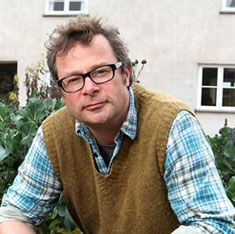
Hugh Fearnley-Whittingstall, chef & “real food” campaigner.
Why is reducing your meat intake healthier?
Meat and dairy produce provide valuable nutrients such as protein and iron, but the health impacts of over consumption are well documented. Excessive amounts of meat and dairy (especially if processed) put people at greater risk of chronic diseases such as coronary heart disease and some cancers [1]. Consuming more vegetables and fruit, grains and pulses, and smaller amounts of animal products produced to high welfare and environmental standards helps to reduce health risks. The UK Department of Health advice is to consume no more than 70g of red and processed meat per day. ‘Red meat’ is identified as beef, pork, lamb, and goat from domesticated animals – including that contained in processed foods, such as bacon, sausage, salami, ham etc [2]. Currently 6 out of 10 men and 1 in 4 women in the UK exceed this daily consumption level [3] and UK meat consumption is approximately twice the world average [4]. Modelling suggests that eating meat no more than three times a week would save 45,000 lives a year (from cancer, heart disease and strokes) and save the NHS £1.2bn a year [5]. It would also help to tackle growing health issues such as obesity, which is a risk of a high meat-fat and sugary diet.
Footnotes:
[1] Friends of the Earth (2010) Healthy Planet Eating: How lower meat diets can save lives and the planet.
[2] World Cancer Research Fund / American Institute for Cancer Research. Food, Nutrition, Physical Activity, and the Prevention of Cancer: a Global Perspective. Washington DC: AICR, 2007.
[3] Westland, S & Crawley, H, (2012) Healthy and sustainable diets in the early years, First Steps Nutrition Trust.
[4] Westhoek, H., Rood, T., van den Berg, M., Janse. J., Nijdam, D., Reudink, M., and Stehfest, E. (2011)The Protein Puzzle: The consumption and production of meat, dairy and fish in the European Union. The Hague: PBL Netherlands Environmental Assessment Agency.
[5] Friends of the Earth (2010) Healthy Planet Eating: How lower meat diets can save lives and the planet, Friends of the Earth. (Modelling by Oxford University Heart Promotion Group).
Covering the cost
Reducing portion size
Two sausages from an animal factory costs the same as one & a half sausages from a real farm. Of course, if you factored in the external costs to animals, people & planet, the animal factory sausages would be much more expensive.
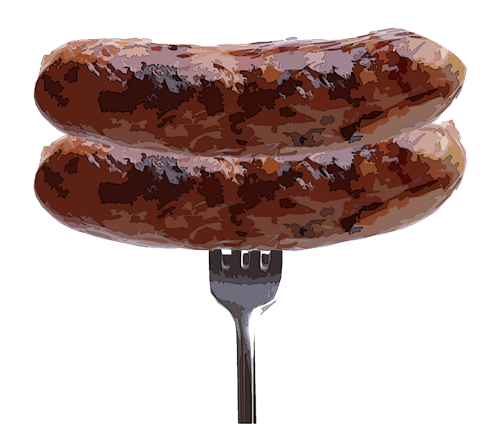
2 sausages from an animal factory
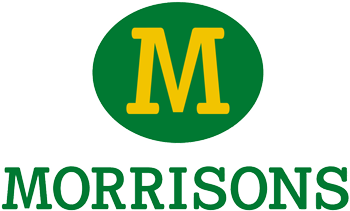 Richmond Sausages
Richmond Sausages
£5.14/kg



£5.29/kg



£5.51/kg
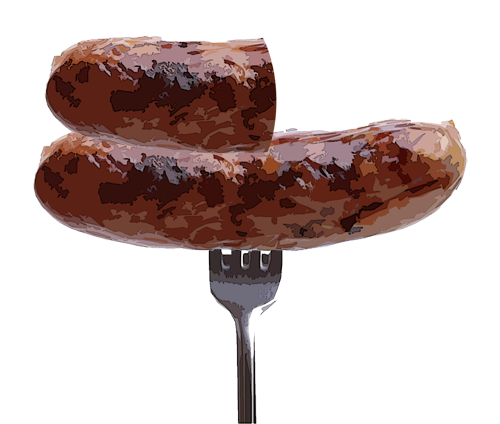

Costs the same as 1.5 sausages from a real farm



£6.40/kg



£6.25/kg



£6.52/kg
Cooking with cheaper cuts
There are a great variety of inexpensive cuts. Find out about these by talking to your local butcher or meat stall holder at your local farmers market. They are normally more than happy to help you find a good deal and can often give you great ideas on how to prepare and cook it too.
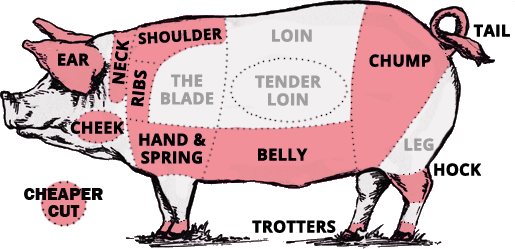


Comments
Comments are closed.